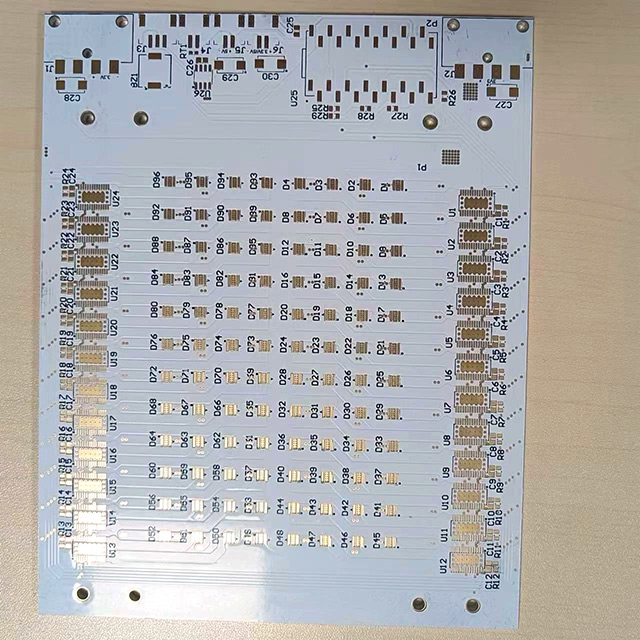This is the bit I'd dispute, and you've not shown any evidence to support it.Let me know what the results are with that install. It will be interesting. Most commercial installs with a low angle are losing between 15%-20% generation after 2-3 years if they have not been cleaned at all.
I've no doubt that some low angled installations in particularly dusty environments will suffer significant reductions in output as you suggest, and benefit from more regular panel cleaning, but I really can't agree that this is the norm.It's dependent on the atmospherics, but one low angle commercial install was losing a lot more than that, around 40%. We now clean it twice a year.
Your first case study refers to an array on an arable farm next to a grain dryer towards the end of harvest time, where the panels were obviously extremely dusty, so the immediate benefits are fairly obvious. I'd expect the situation would have been very different had the cleaning taken place a month after the harvesting ended, once a few heavy rain storms had passed, but yes that would be the sort of situation where I'd expect panels may well benefit from more regular cleaning.
Checking through your site, you probably offer a decent service for these sorts of sites, but let yourself down by talking complete rubbish about the extent of the issue, eg.
What possible justification could you have for taking a very reasonable statement about a few sites being found where panels were dirty enough to warrant cleaning due to specific environmental factors, then twisting this to claim that this must represent 90% of all solar panels in the UK?"Engineers also found that at a few sites, photovoltaic panels were dirty enough to warrant cleaning due to very specific and localized circumstances. For example, being directly next to and downwind of a highway, factory or agricultural field may generate enough dirt to warrant cleaning."
This must represent 90% of all solar panels mounted in the UK.
You quote data from a study conducted in San Diego in a drought, and even give the differences in monthly rainfall levels between San Diego and London prior to completely ignoring the impact of rainfall levels, using stupid claims about rain not actually cleaning panels.
utter bull.It is the RAIN here which puts dirt on the panels, it does not clean them.
Your site basically contains a couple of interesting case studies, but intersperses these with misleading rubbish, and I for one won't have any dealings with companies who spread such disinformation about our industry. It's a shame you've chosen this approach as there is a need for decent companies to clean the minority of systems that would benefit from cleaning due to environmental factors that result in them getting particularly dirty.
consider me not impressed.

 )
)








